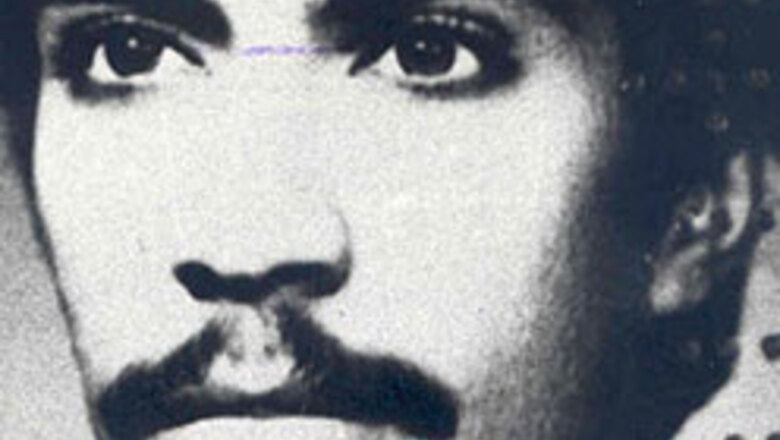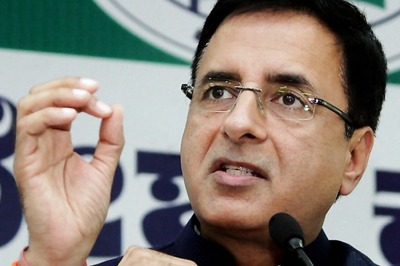
views
Baghdad, Iraq: A man sentenced to death in Kuwait for the 1983 bombings of the US and French embassies now sits in Iraq's parliament as a member of Prime Minister Nuri al-Maliki's ruling coalition, according to US military intelligence.
Jamal Jafaar Mohammed's seat in parliament gives him immunity from prosecution. Washington says he supports Shiite insurgents and acts as an Iranian agent in Iraq.
US military intelligence in Iraq has approached al-Maliki's government with the allegations against Jamal Jafaar Mohammed, whom it says assists Iranian special forces in Iraq as "a conduit for weapons and political influence."
Repeated efforts by CNN to reach Jamal Jafaar Mohammed for comment through the parliament, through the ruling Shiite Muslim coalition and the Badr Organization—the Iranian-backed paramilitary organization he once led—have been unsuccessful.
A Kuwaiti court sentenced Jamal Jafaar Mohammed to death in 1984 in the car bombings of the US and French embassies the previous December. Five people died in the attacks and 86 were wounded.
He had fled the country before the trial.
Western intelligence agencies also accuse Jamal Jafaar Mohammed of involvement in the hijacking of a Kuwaiti airliner in 1984 and the attempted assassination of a Kuwaiti prince.
Jamal Jafaar Mohammed won a seat in Iraq's Council of Representatives in the US-backed elections of December 2005. He represents Babil province, south of Baghdad, in parliament.
A US Embassy spokesman said officials are actively pursuing Jamal Jafaar Mohammed's case with Iraqi officials. Al-Maliki has urged American intelligence officials to share their information with Iraqi lawmakers, who could strip Jamal Jafaar Mohammed of his parliamentary immunity.
"We don't want parliament to be a shelter for outlaws and wanted people," al-Maliki told CNN. "This is the government's view, but the parliament is responsible. I don't think parliament will accept having people like [him] or others currently in the parliament."
Al-Maliki's political party, Dawa, claimed responsibility for the Kuwait bombings at the time but now disavows them. The Iranian-backed Shiite Muslim party was forced into exile under former dictator Saddam Hussein, who was executed in December.
The prime minister says the situation is embarrassing—not only to his government but to a US administration that holds up Iraq's government as a democratic model for the region.
Top US officials, including President Bush, have accused Iran of meddling in Iraq by fomenting sectarian violence and providing arms to illegal militias.
Bush has authorized US troops to use deadly force against Iranian agents in Iraq to defend American or allied forces, and the administration's increasingly tough warnings to Tehran have raised concerns that the four-year-old Iraq war could spread.
Al-Maliki told CNN last week that the United States and Iran should stop using his country as a proxy battleground, accusing Iran of targeting US troops in Iraq but saying he doesn't want US forces to use Iraq as a base to attack Iraq's neighbors.


















Comments
0 comment